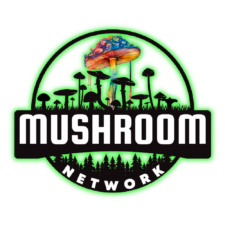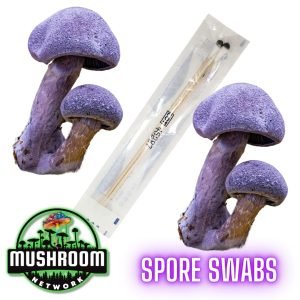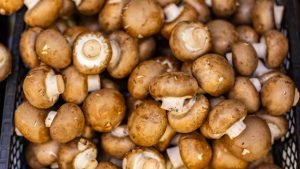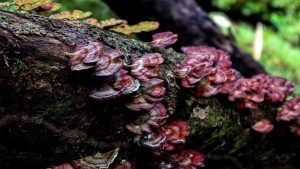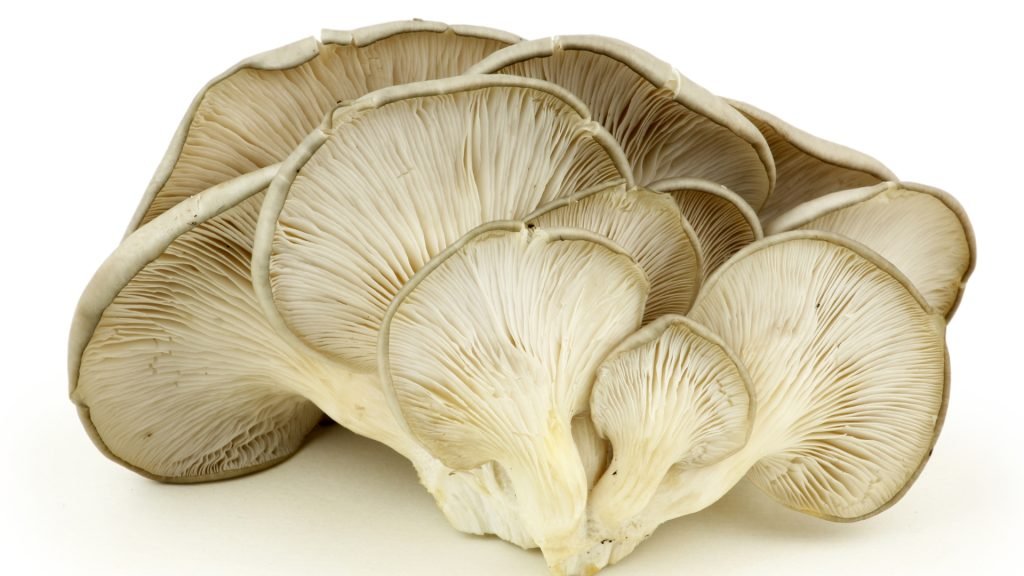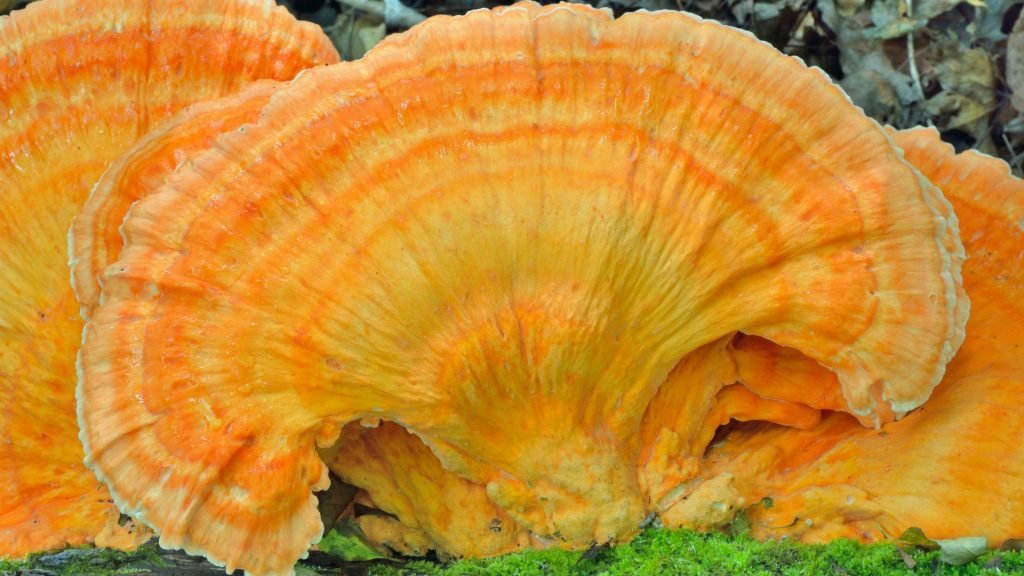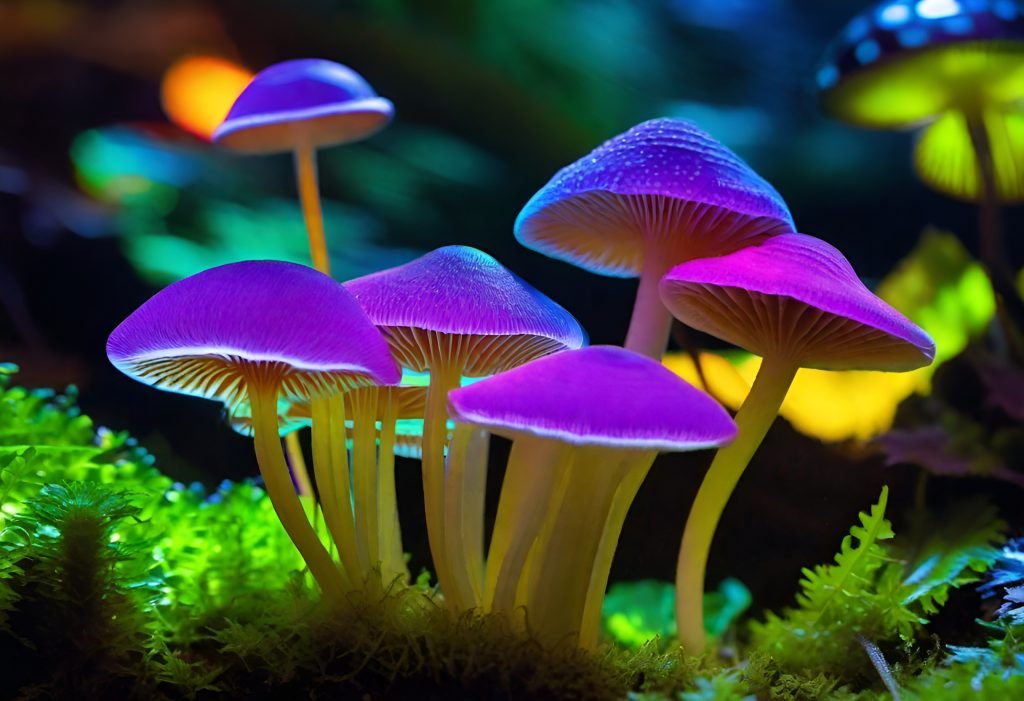Welcome to the fascinating world of fungi, where tiny organisms play a colossal role in maintaining the health of our planet. In this article, we’ll explore how fungi like the Pink Burn Cup (Rhodotarzetta Rosea) are ecological champions, working tirelessly to recycle nutrients, enrich soils, and support ecosystems. Prepare to be amazed by these unsung heroes of the natural world, who prove that even the smallest players can have the biggest impact.
Fungi are often overlooked in the grand scheme of nature, but they are indispensable to the health and balance of ecosystems. The Pink Burn Cup is a perfect example of a fungus that, despite its small size, plays a vital role in nutrient cycling and ecosystem support. These ecological warriors break down organic matter, turning dead wood and leaves into rich, fertile soil. In this article, we’ll delve into the ecological roles of various fungi, with a special focus on the Pink Burn Cup. We’ll uncover the science behind their decomposing magic, their symbiotic relationships with plants, and their importance in forest health.

Nature’s Recyclers: The Role of Fungi in Nutrient Cycling:
Fungi are the ultimate recyclers of the natural world. As decomposers, they break down dead organic matter, turning it into nutrients that enrich the soil and support plant growth. The Pink Burn Cup is a saprotrophic fungus, meaning it feeds on decaying wood and leaf litter. By decomposing these materials, it releases essential nutrients like nitrogen, phosphorus, and potassium back into the soil, making them available for plants and other organisms. This process not only recycles nutrients but also helps to maintain soil structure and fertility.
Without fungi, forests would be littered with undecomposed organic matter, leading to nutrient depletion and poor soil health. The Pink Burn Cup and its fungal cousins ensure that nutrients are continuously cycled through the ecosystem, supporting new growth and maintaining ecological balance. Their role is critical in forest ecosystems, where they contribute to the breakdown of complex organic compounds, turning dead wood and leaves into rich, fertile soil.

The Pink Burn Cup: A Tiny Powerhouse:
The Pink Burn Cup may be small, but its impact is mighty. Found in temperate forests, this vibrant pink mushroom thrives on charred wood and leaf litter, particularly in moist, shaded environments. By breaking down these materials, the Pink Burn Cup helps to recycle nutrients and maintain soil health. Its presence is often a sign of a healthy, functioning ecosystem, where nutrient cycling is in full swing.
In addition to its role as a decomposer, the Pink Burn Cup also contributes to the forest’s aesthetic beauty. Its vivid color and delicate cup shape add a splash of color to the forest floor, making it a favorite among nature enthusiasts and photographers. But beyond its visual appeal, the Pink Burn Cup plays a crucial role in supporting the health and vitality of the forest ecosystem.
Symbiotic Relationships: Fungi and Plants Working Together
Fungi don’t just decompose organic matter; they also form symbiotic relationships with plants, helping them to absorb water and nutrients more efficiently. Mycorrhizal fungi, for example, form mutualistic associations with plant roots, extending their network into the soil and increasing the plant’s ability to access nutrients and water. In return, the fungi receive carbohydrates produced by the plant through photosynthesis.
While the Pink Burn Cup is primarily a decomposer, many other fungi play dual roles as both decomposers and symbionts. These relationships are essential for the health of forests, as they enhance plant growth, improve soil structure, and increase the resilience of ecosystems to environmental stressors. The interconnectedness of fungi and plants highlights the complexity and interdependence of natural systems.
The universe of mushrooms is expansive, each variant bearing its own unique charm and characteristics. The Marketplace on the 🍄 Mushroom Network is a testament to this diversity. It is a haven for those seeking a deeper understanding of the magical world of mushrooms. If you’re keen on learning more about this type of mushroom and other mushroom variants, this Marketplace is your ultimate resource.
Woah there, eager beaver! 🦫 The 🍄 Mushroom Network’s Marketplace is a smorgasbord of mycological marvels, but it’s VIP access only! 🔐 Log In or Become a Myco-Patron (Yup, still FREE!) to see what all the fuss is about. Trust us, you’ll want in on these shroomy shenanigans! 🍄🎉

Ecological Indicators: Fungi as Bioindicators:
Fungi like the Pink Burn Cup are valuable bioindicators, meaning their presence or absence can provide important information about the health of an ecosystem. Because fungi are sensitive to environmental changes, they can act as early warning systems for ecosystem disturbances. The abundance of Pink Burn Cups, for example, may indicate a healthy forest with a robust nutrient cycling process, while their decline could signal ecological imbalances or degradation.
Scientists use fungi as bioindicators to monitor forest health, assess the impact of pollution, and study the effects of climate change. By observing changes in fungal populations, researchers can gain insights into the overall health and stability of ecosystems. This makes fungi not only crucial players in nutrient cycling but also important tools for ecological research and conservation.
Not sure where to start? The 🍄 Mushroom Academy offers a wide range of courses tailored to your needs. Whether you’re a beginner eager to learn or an experienced mycologist looking to broaden your knowledge, the 🍄 Academy has something for everyone.

The Global Impact: Fungi in Bioremediation:
Beyond their role in nutrient cycling and ecosystem support, fungi also have the potential to help address global environmental challenges through bioremediation. Bioremediation is the use of organisms, including fungi, to remove or neutralize contaminants from the environment. Certain fungi have the ability to break down toxic substances, such as heavy metals and hydrocarbons, into less harmful compounds.
Research into fungal bioremediation is ongoing, with promising results. For example, white rot fungi have been shown to degrade a wide range of pollutants, including pesticides and industrial chemicals. The Pink Burn Cup and other fungi could play a role in future bioremediation efforts, helping to clean up contaminated soils and water and restore ecosystems to health.
Fungi’s Finest: The Eco-Warriors of the Forest:
In conclusion, fungi like the Pink Burn Cup are true eco-warriors, working behind the scenes to support the health and balance of our planet. From nutrient cycling and soil enrichment to forming symbiotic relationships with plants and acting as bioindicators, these tiny organisms have a huge impact. So next time you spot a Pink Burn Cup or any other fungus, take a moment to appreciate the vital role they play in keeping our ecosystems thriving. Remember, even the smallest organisms can be the mightiest warriors in the fight to protect our planet.
Love what you’re reading? Make it FBO (Facebook Official) with us! 🤘🏼 Hit that subscribe button on YouTube, follow our Facebook Page, join our FB Group – Wood Wide Web, and chirp along with us on Twitter/X. While you’re at it, peep into the 🍄 Mushroom Network’s Marketplace—where our Network shelves change faster than a Pink Oyster (Pleurotus Djamor) pins!
Recommended Reads:
Unveiling the Veil: A Patron’s Transcendental Journey through P. Tampanensis
Have you ever experienced a moment, a sliver of time, when the world around you...
Read More...The Golden Princess: Breeding and Cultivating Agaricus Subrufescens
Welcome to the captivating world of mushroom cultivation, where nature’s treasures unravel in enchanting forms....
Read More...Exploring the Medicinal Properties of Red Reishi
Our expedition today navigates the therapeutic realms of the Red Reishi, the “Mushroom of Immortality.”...
Read More...The Alluring World of Agar: A Deep Dive
Deep beneath the forest canopy, in the shadows of decay, lies a realm that many...
Read More...Whoa there, Spore Sport! 🍄 Looks like you’re not logged in yet. Don’t you know what you’re missing? MYCO-CREDITS! Imagine all the fungal fun you could have. It’s like finding a Morel in May and not picking it. Tragic, right? Log In or Become a Myco-Patron and start racking up those credits. It’s more rewarding than finding a mushroom in your backyard! 🌟🏡
